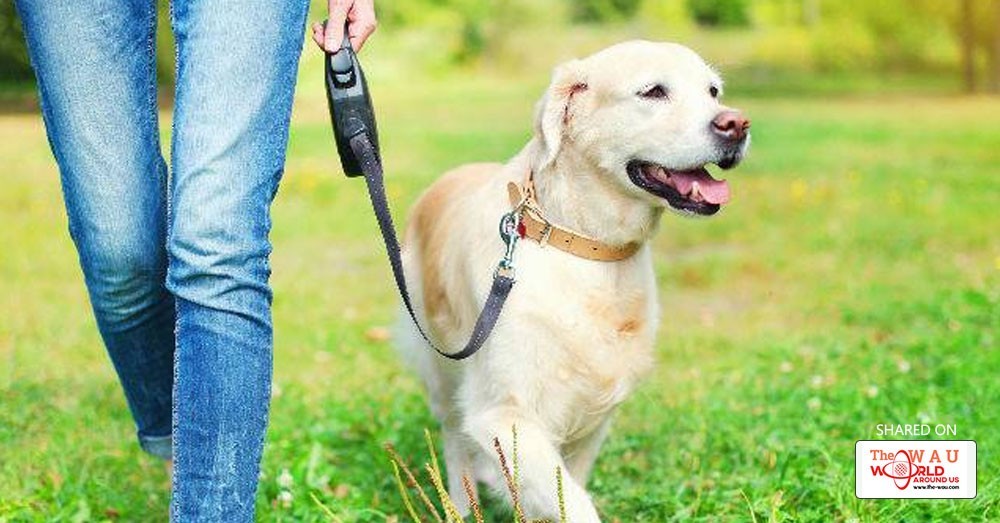While walking your dog every morning is considered to be the best way to stay fit, not many know that it also instantly lifts your mood and keeps you happy throughout the day. When you walk your dog, you begin your day with zeal and thus stay productive as well.
"I cannot think of a better and more fun way than to get a dog to be your personal trainer. It also keeps me happy, positive and prepares for me the day. It is a proven fact that pet parents are always more active and on an average spend 30 minutes more per week on exercising than non-dog owners," said Nikhil Kulkarni, Director, Corporate Affairs, Mars International (Pedigree).
"I have an energy active breed and enjoy tons of outdoor activities under the supervision of the pooch trainer like cycling, playing catch, joining a community walking group etc. It is the most fun way that man and his best friend can adopt to incorporate exercise in their daily lives," he added. A new study validates the same. "People walk their dogs outside because it makes them happy," according to a new research.
In the University of Liverpool study of dog owner's perceptions of dog walking to date, 26 interviews were combined with personal written reflections of dog walking experiences. The researchers found that while owners may say the reason they go walking is to benefit the dog, the importance of their own improved happiness and wellbeing is clear.
These feelings of happiness, however, are contingent on the owner believing that their dog is enjoying the walk too. Anything that threatens this, such as behaviour problems, a perception that they have a 'lazy' dog, or their dog is too old, reduces their motivation to walk.
Study lead Dr Carri Westgarth said, "It's clear from our findings that dog walking is used to meet the emotional needs of the owner as well as the needs of the dog. Possible key points for future interventions to increase dog walking are to promote how it may increase the dog's, and thus the owner's, happiness." The study appears in the journal International Journal of Environmental Research and Public Health.
Share This Post















